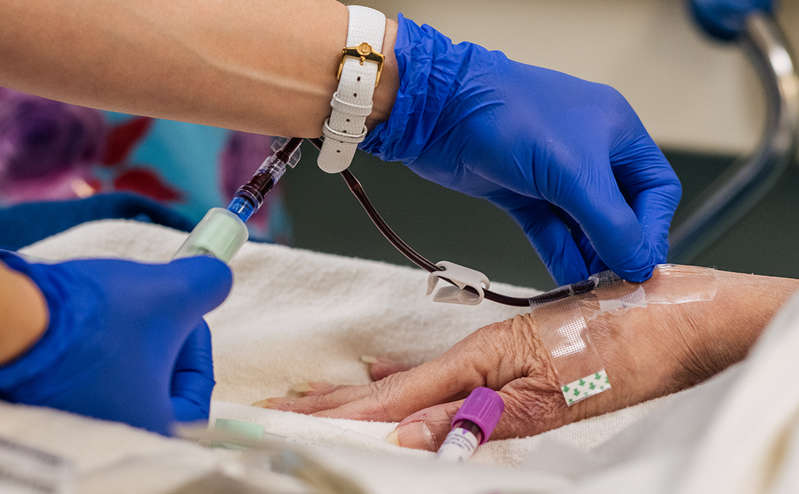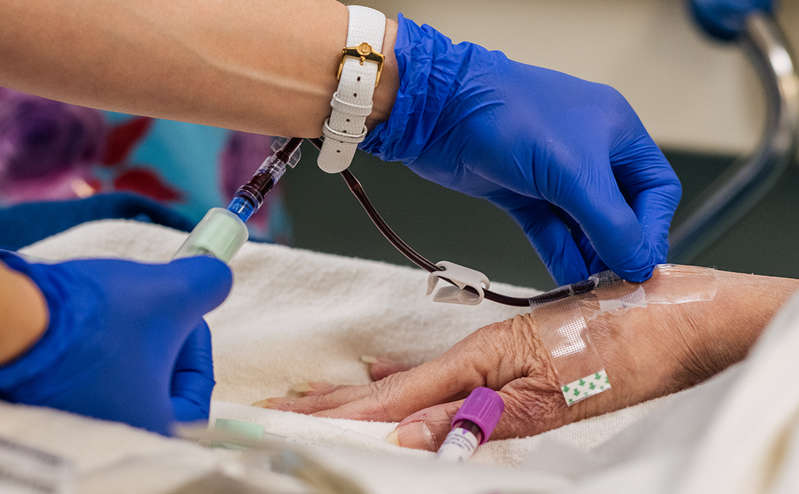
Scientists from Canada and Spain have identified factors that affect patient survival in severe COVID-19. According to them, these are indicators of a blood test, the main of which is the level of specific antibodies against the spike protein of the SARS-CoV-2 virus that causes COVID-19. Such information is contained in an article published in the Journal of Internal Medicine.
The conclusion about the protection of a person from coronavirus, according to the publication, can be made on the basis of three indicators of a blood test: the level of specific antibodies to counteract specific parts of the virus or antigens, antigenimia (the total number of antigens), and the amount of RNA of the virus in the blood. At the same time, according to scientists, it was still unclear which of them should be considered the key in determining the likelihood of death.
Specific antibodies to the COVID-19 spike protein can block viral replication. Antigenimia reflects the total amount of foreign substances identified by the body as antigens. In turn, the amount of viral RNA indicates how much virus is currently in the body.
The study used the results of analyzes of 92 adult patients who were treated at the University Hospital of Rio Ortega and the Clinical Hospital of the University of Valladolid, the Gregorio Marañon Hospital and the University Hospital of the Prince of Asturias in Madrid. All of them were in medical institutions from March 16 to April 15, 2020, in the first wave of the pandemic, and had a confirmed diagnosis of COVID-19, which was given to them using a PCR test. Also, blood was taken from all patients for analysis on the first day of treatment.

As part of the study, specialists compiled a profile of antibodies (primarily IgM and IgG) against the S-protein COVID-19 and assessed the relationship between their levels, the concentration of RNA of the virus and the presence of the nucleoprotein (N) protein in the plasma of this infection. Plasma was also evaluated for the total number of antigens to protein N and studied how it affects the risk of mortality.
“Conclusions: Low levels of antibodies to the S-protein of the SARS-CoV-2 virus predict mortality in critical COVID-19,” the Journal of Internal Medicine said. The results of the study confirm that “these antibodies help prevent the systemic spread of SARS-CoV-2,” the scientists also noted.
The study authors believe their findings will help determine the optimal antibody level for each critical patient with coronavirus.
In late August, experts from New York University published a study that said that those who died from COVID-19 had ten times more virus particles in their lungs. At the same time, the immune system of critically ill patients did not give an excessive response.

